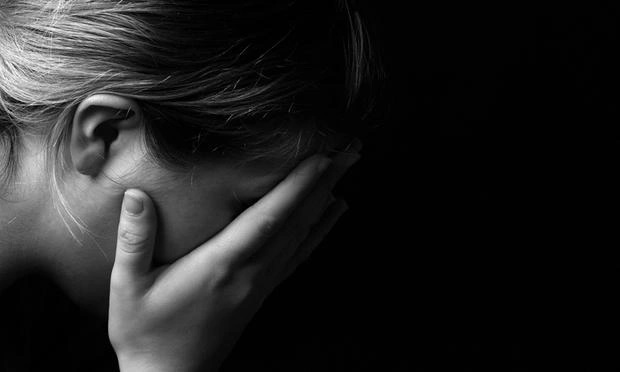New research in the journal Psychiatric Services highlights the complications of esketamine for patients with depressive disorders.
According to researchers, the recently approved general anesthetic for treatment-resistant depression, marketed and sold as a form of nasal spray, may be too costly for a substantial amount of the general population.
“Esketamine has been effective in a population where many other treatments haven’t worked,” said Eric Ross, the study’s lead author, in a news release. “I want people to use esketamine, but it’s important that it be cost-effective. I don’t want it to put a real strain on our mental health care system.”
The study used a decision-analytic model to simulate the effects of the esketamine drug treatment in comparison to conventional antidepressants over a span of five years.
Based on their findings, it was purportedly found that esketamine, although refuted by a few health organizations and regarded as ineffective, significantly improved quality of life over time. However, societal costs and health care sector costs are expected to surge, drawing complications for patients in need of an effective treatment even as other pharmaceutical options fail.
“The authors estimated a greater than 95% likelihood that intranasal esketamine would not be cost-effective in the United States, according to commonly applied standards,” Ross explained.
“Esketamine is too expensive, but it does work,” Ross implied. “The question now is ‘How do we get the price down?'”


